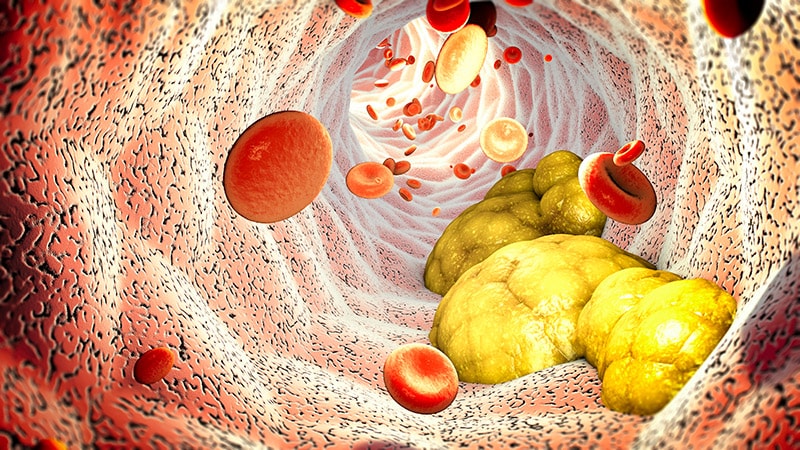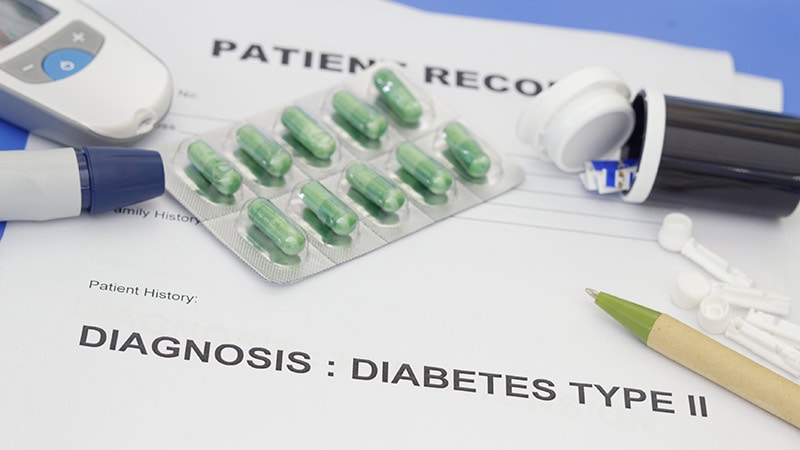Guideline name: Pancreatitis [NG104]
Update type: New guideline
Published: September 2018
Takehome
- Clinicians should not assume alcohol to be the cause of pancreatitis just because a person drinks alcohol. It is important to investigate other possible causes.
- Many complications can result from pancreatitis. Of note, chronic pancreatitis patients have an 80% chance of developing diabetes.
Acute pancreatitis
Investigation and Diagnosis
- Suspect acute pancreatitis in patients presenting with sudden-onset abdominal pain.
- Other signs and symptoms include nausea, vomiting, epigastric tenderness, fever and tachycardia.
- Assess for a history of gallstones or excessive alcohol intake.
- Acute pancreatitis is typically confirmed by presence of elevated blood lipase or amylase levels. In absence of elevations, abdominal CT may confirm pancreatic inflammation.
- Alcohol is not always the cause of acute pancreatitis. Other possible causes include
- metabolic causes
- prescription drugs
- microlithiasis
- hereditary causes
- autoimmune pancreatitis
- ampullary or pancreatic tumours
- anatomical anomalies
Complications:
- Infected Necrosis
- Pseudocysts
- Pancreatic ascites and pleural effusion
- Type 3c (Pancreatogenic) Diabetes
Chronic Pancreatitis
Investigation and Diagnosis
- Chronic pancreatitis should be suspected in patients presenting with chronic or recurrent upper abdominal pain; refer appropriately.
- Alcohol is not always the cause of chronic pancreatitis. Other possible causes include:
- genetic factors
- autoimmune disease (particularly IgG4 disease)
- metabolic causes
- structural or anatomical factors
Complications:
- Pancreatic duct obstruction
- Pseudocysts
- Neuropathic pain
- Pancreatic ascites and pleural effusion
- Type 3c (Pancreatogenic) Diabetes
Nutrition support
- All chronic pancreatitis patients are at high risk of malabsorption, malnutrition and a deterioration in their quality of life.
- Use protocols agreed with the specialist pancreatic centre to identify when advice from a specialist dietitian is needed, including advice on food, supplements and long-term pancreatic enzyme replacement therapy, and when to start these interventions.
- Consider assessment by a dietitian for anyone diagnosed with chronic pancreatitis.
Follow-up
Pancreatic exocrine function
- Offer clinical and biochemical assessment, to be agreed with the specialist centre, for pancreatic exocrine insufficiency and malnutrition at least every 12 months (every 6 months in under 16s). Adjust the treatment of vitamin and mineral deficiencies accordingly.
- Offer adults with chronic pancreatitis a bone density assessment every 2 years.
Identify pancreatic cancer
- Be aware that people with chronic pancreatitis have an increased risk of developing pancreatic cancer. The lifetime risk is highest, around 40%, in those with hereditary pancreatitis.
- Consider annual monitoring for pancreatic cancer in people with hereditary pancreatitis.
Identify diabetes
- People with chronic pancreatitis have a greatly increased risk of developing diabetes, with a lifetime risk as high as 80%. The risk increases with duration of pancreatitis and presence of calcific pancreatitis.
- Offer monitoring of HbA1c for diabetes at least every 6 months.
This summary is reviewed byProf. Rishabh PrasadMBBS, MA, MSC, FRCGP FRSA
References
References



